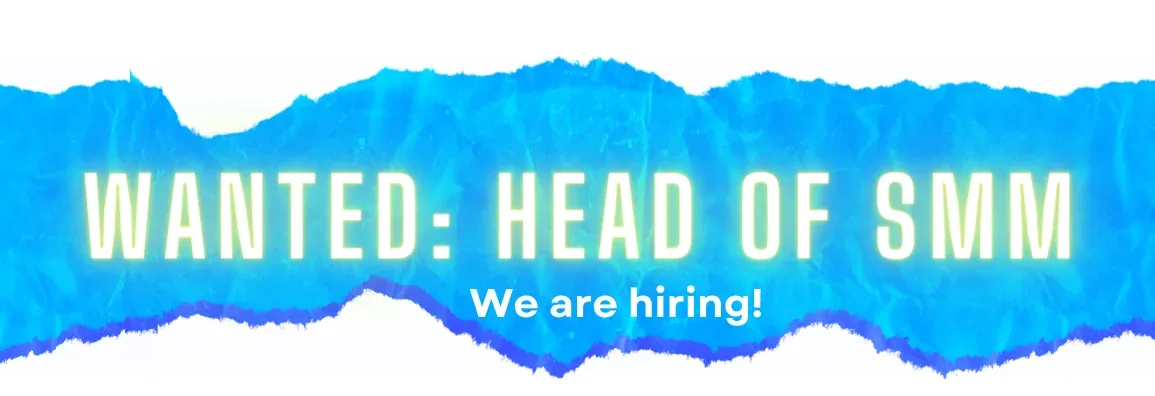60-62% of Russians would be happy if the war against Ukraine ends tomorrow, and will accept Russia returning all occupied territories to Ukraine if Russian propaganda says so. However, even those who do not belong to the ardently pro-war “Z-patriot” camp show no sense of responsibility for the war and reject the idea of paying reparations to Ukraine despite the extensive damage Russia has inflicted, a study by the Kyiv-based Institute of Conflict Studies and Analysis of Russia (ICAR) shows.
Ukrainian sociologists at ICAR conducted telephone interviews and monitored Russian media for over nine months to understand changes in Russian society. Oleksandr Shulga, director of the Institute, told the Russian platform Republic about the results of their research. The Ukrainian outlet Texty published key conclusions of their analysis, which we have translated and adapted.
1. Russians do not understand what they are fighting for, are ready to end the war
In general, 60-62% of Russians are ready to accept the end of the war and reject the second mobilization wave. The trend is more pronounced among young people of military age. Answering ICAR’s question of how they would feel if Russia decided to end the “special operation” in Ukraine tomorrow, up 74% of them said they would perceive this positively.
But according to the ІCАR, this applies only to the short term. In the long term, ICAR sees “very negative trends.”
“Although simultaneously, the majority believes that the goals have only been partially achieved. The artificiality of this war, its unjustifiability, and absurdity, of course, lead to divergent constructs in public consciousness, and Russians don’t understand why they are fighting,” Shulga says.
2. All Russians, not only the warmongers, lack awareness of their responsibility for the war
Asking about reparations, ICAR concluded that Russians think Russia should finance the restoration only of the territories it occupied, not the entire country. According to ICAR, there is a lack of lessons learned from this war among Russians. At the same time, ICAR found a readiness among Russians to accept new wars, with sentiments such as “We just need to hang on, and somehow it will be okay.”
ICAR also surveyed Russians’ willingness to support potential “special operations” against other countries like Kazakhstan, the Baltic states, and Georgia. Disturbingly, only 14-17% said they would oppose such military aggression under any circumstances. The rest indicated they could be convinced to back invasions of those nations if given the same justifications Russia used for attacking Ukraine.
Specifically, they would accept arguments about “Nazis in power, the threat of attack from Kazakhstan, Lithuania, Poland, Georgia, and oppression of the Russian-speaking population” as reasons for war. This shows a dangerous receptiveness among many Russians to the exact propaganda narratives the Kremlin used to legitimize its unprovoked assault on Ukraine.
Another factor behind Russians’ lack of responsibility for the war is their tendency to view relations with neighboring countries, especially Ukraine, as absorption and domination rather than coexistence and cooperation.
3. Most Russians have no understanding that Russia is physically destroying Ukraine
Russians believe there are Nazis present in Ukraine, that Russia is therefore at war with those Nazi elements, and that the broader Ukrainian population is unrelated to the war.
4. Russian society is open to returning all occupied territory if propaganda justifies it.
As per ІCАR, Russian society demonstrates great passivity. Three-quarters of Russians say that what happened on 24 February 2022 was a trap by the United States.
“And then we asked: ‘What can Russia do to break the plan?’ 45% responded that it could withdraw to the borders of 24 February 2022.
In other words, it will be easy to justify and substantiate anything with the same old conspiracy theories. Movies have already appeared about such traps, their release coincided with the failures of the Russians on the front. Therefore, all this and the unwillingness of Russians to personally take part in the war on the front creates a basis for an agreement on the de-occupation of Ukrainian lands.
And, by the way, I do not see any problems for the Russian regime here. I absolutely disagree with the point of view that a military defeat, or rather just the withdrawal of Russian troops from the territory of Ukraine, will cause mass discontent among the population and lead to the collapse of the current regime in Russia,” Oleksandr Shulga sums up.
Adapted and translated by Maria Tril



